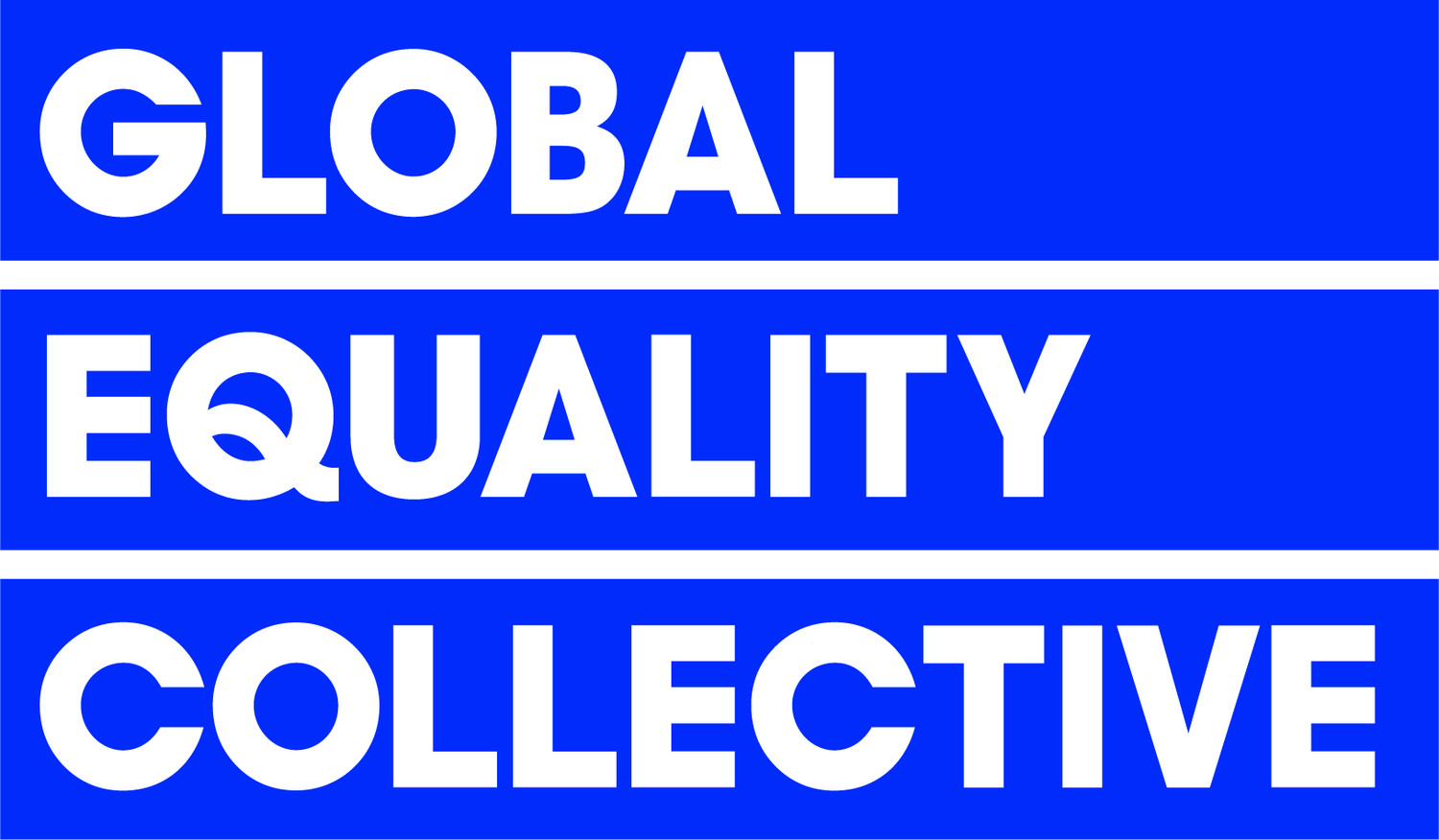GEC Inclusion Index - Staff - Key Behavioural Area 4
Leadership & Values
“I see myself represented in the leadership here.”
29.4% agree
⬆ Improving Trend
So what?
Representation isn’t symbolic — it’s structural. It tells staff who belongs, who leads, and who is trusted to make decisions. Yet, in our 26,000 Voices dataset, only 29.4% of staff saw themselves represented in school leadership.
That leaves over 7 in 10 educators looking up at leadership teams that do not reflect their identities, backgrounds, or lived experiences.
This gap is not just about individual bias — it’s about gatekeeping systems that shape who gets noticed, nurtured, and sponsored for leadership.
Global Majority staff, especially Black Caribbean, Black African, and South Asian colleagues, were most likely to disagree:
“Every leader here is white and middle class. That’s not an accident.”
“There are no Black leaders in my trust. None. What message does that send?”
LGBTQIA+ staff, particularly in faith-based settings, described leadership authenticity as a risk:
“I know I’d have to go back in the closet to move into SLT.”
Disabled and neurodivergent staff shared concerns about assumptions and unmet access needs:
“My health condition means I need flexibility. That shouldn’t disqualify me from leading.”
Those with multiple marginalised identities described the sharpest exclusion:
“I’m a queer Muslim woman. There’s never been anyone like me in charge — so I stopped dreaming it could happen.”
The absence of visible diversity signals more than underrepresentation — it shapes culture. When leadership is homogenous, it narrows definitions of success and deters diverse staff from aspiring to senior roles.
But it doesn’t have to be this way.
The GEC Platform: Proven Solution
The GEC Platform enables school and trust leaders to examine leadership visibility across intersectional lines — exposing representation gaps and helping map sustainable, equitable pathways into leadership.
📊 Key Findings from 26,000 Voices:
Only 29.4% of staff felt represented in school leadership
Representation was lowest among Black, South Asian, LGBTQIA+, disabled, and neurodivergent staff
Lack of visible diversity correlated with lower belonging, authenticity, and aspiration scores
💬 In Their Words:
“The GEC Platform is a superb way to engage staff on the range of issues that fall within Equality, Diversity, Inclusion and Social Justice. Not only does it help frame the questions, it provides a straightforward way of creating an action plan tailored to the school or Trust and a wealth of supporting materials to help you on the journey.” — HEART Academies Trust
🎯 Why It Works:
The GEC Platform doesn’t stop at listening. It provides:
Detailed reporting by leadership perception gaps
Tools to co-create leadership pathways
Strategies to amplify lived experience as leadership capital
Case studies and mentoring frameworks to scale equity in leadership
When staff see people like them leading, they start to believe they can lead too.
What works?
In schools where representation was improving, staff described a very different experience — one marked by visibility, honesty, and access:
Leaders talked openly about equity
Shared their own identities and journeys
Sponsored underrepresented staff
Created alternative, flexible leadership pathways
“My Head shared their ADHD diagnosis in a staff meeting. That changed everything for me.”
Next Steps & Free Stuff
📍 Leadership opportunities aren’t just about students — they’re about staff.
Use our GEC Score Card to assess your leadership representation — and turn insight into action.
📈 Our latest research shows that Global Majority and LGBTQIA+ staff are significantly underrepresented in school leadership.
👉 Explore our full report, packed with practical “report and support” strategies for identifying and nurturing new and aspiring leaders:
🔗Read the report






